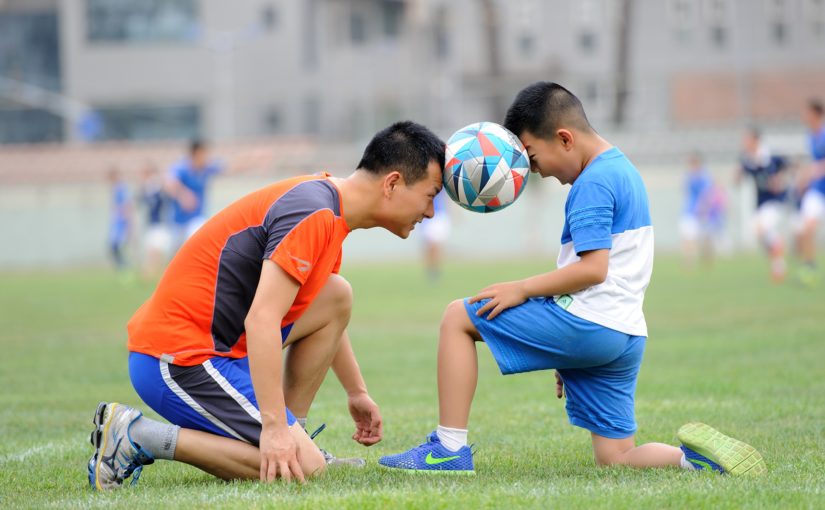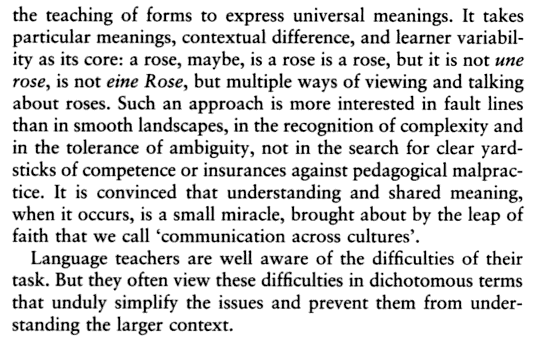“After many years in which the world has afforded me many experiences, what I know most surely in the long run about morality and obligations, I owe to football.” (Albert Camus)
I have been using the metaphor of soccer for language learning for a while now, trying to express its collective nature, its complexity, its embodiment, and its unpredictability.
Yes, I know. It would be easier to think about it as going to the gym. We do need consistence. Goals. Repetition. And we benefit from coaching, recommendations, feedback.
However, language is not an individual sport. Nor a rigid set of rules, as Leo van Lier reminded us with great eloquence:
“I remember a visiting jazz musician speaking to my son’s music class in high school. I was outside in the hall (eavesdropping), waiting to pick up my contingent of car pool victims. The musician (a rather well known professional jazz performer) was just finishing his demo with some final words of wisdom. He said that students should think of music as a creative exploration, something that just flows. He felt that the students thought of music more as a rigid set of rules and formulas that had to be learned by heart, “just like mathematics and foreign languages. ” This was a quite interesting comment. Why should foreign language learning be equated with mathematics, rather than with, say, painting, or music, or soccer? After all, as I argued in the last chapter, language use requires an investment of voice, and there is an aesthetic element in language use from this perspective, in the same way that voice and identity are invested in music, painting, and even in more bodily activities such as soccer (and of course dance).”
Like soccer, language learning is based on unpredictable human interactions. It requires creativity, tolerance of ambiguity, certain kind of empathy, critical thinking…
The successful language learner has played many games and learned from them, creating a persona, an ethos, a pathos in the field, knowing how and when to pass the ball, to dribble, and to improvise.
They have practiced improvisation and yes, “not improvising in the all-too-common and incomplete sense of just making stuff up and saying anything.”




